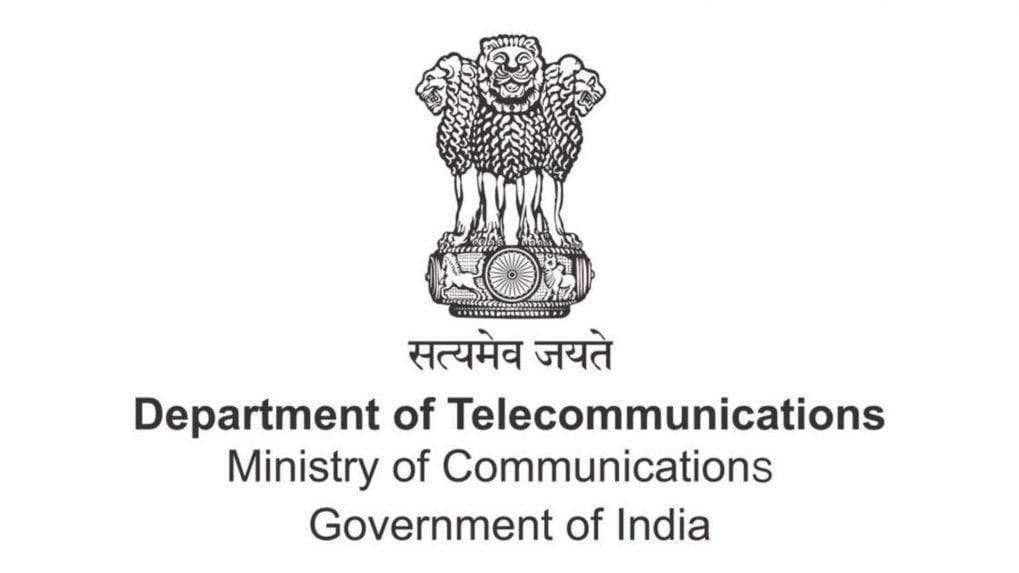Gaming
From Valsad to SC: Justice Pardiwala holds fate of $3 billion gaming industry, 2 lakh jobs

In a significant move to strengthen India’s Internet of Things (IoT) landscape, the Department of Telecommunications (DoT) has issued an advisory urging ministries, government organizations, and industry stakeholders to adopt oneM2M standards-based IoT solutions.
The directive, issued through the Telecommunication Engineering Centre (TEC), emphasizes the need for standardization, interoperability, and security as the IoT sector expands rapidly across the country.
Issued on August 21, the advisory noted, "DoT and TEC are committed to fostering a secure and interoperable Internet of Things (IoT) ecosystem in India.
TEC is the nodal agency for standards setting and the implementation of the Mandatory Testing & Certification of Telecom Equipment (MTCTE) in the country. For MTCTE, every telecom equipment, as notified by the Central Government, must undergo testing and certification prior to its sale or import for use in the country. The testing is carried out by labs accredited by TEC as per the Essential Requirements (ERs)."
TEC plays a central role in ensuring that all telecom equipment notified by the government undergoes stringent testing and certification before being sold or imported in India. Essential Requirements (ERs) have already been laid down for a range of IoT devices including gateways, feedback systems, tracking devices, smart electricity meters, and endpoint devices for environmental monitoring. These requirements are revised periodically to keep pace with technological advances.
Read more: Prasar Bharati opens doors for Hindi feature films under revenue-share model on DD National
Highlighting the importance of global interoperability, TEC has already adopted oneM2M Release 2 (2020) and Release 3 (2022) as national standards.
These standards bring crucial benefits such as cross-platform interoperability, device authentication, authorization, and data privacy protections. By doing so, they help tackle one of the biggest challenges in the IoT space- vendor lock-in, where devices from a single manufacturer cannot seamlessly interact with other platforms or applications.
The advisory stresses that without standardized frameworks, the proliferation of proprietary IoT solutions creates silos, leading to interoperability issues, higher costs, and potential security vulnerabilities.
"These standards help users facilitate the use of devices from one OEM to interact with applications and platforms offered by any service provider, regardless of the underlying communication technology. This ensures that users can seamlessly control and monitor IoT devices, regardless of the manufacturer or technology used. oneM2M standards enable the development of cross domain IoT applications for end users, " it emphasised.
Standardization, on the other hand, promises a unified and scalable ecosystem that fosters innovation, builds consumer trust, and enables efficient integration across diverse applications.
Read more: Registered MSOs drop to 821 as Ministry of I&B tightens crackdown on non-compliant operators
"The rapid growth of proprietary IoT solutions in the country has highlighted the urgent need for standardization. Without common standards, devices and systems from different manufacturers often struggle to communicate effectively, leading to interoperability issues, increased costs and security risks," it noted.
Calling for urgent and collective action, the DoT has advised all ministries, departments, public sector bodies, machine-to-machine (M2M) service providers, and IoT device manufacturers to ensure that IoT deployments across sectors are aligned with oneM2M standards.
This, it added, will be crucial in building smart, secure, and interoperable infrastructures in line with India’s digital ambitions.
Big-ticket buying decisions now demand more than just logic and product specs – they require trust, emotional connection, and brand stories that resonate.
Read MorePradeep Parameswaran, Uber's global head of mobility, highlighted the critical challenges facing India's urban future. He noted that despite massive investments in road and infrastructure projects, daily commutes remain a source of "misery" for millions.